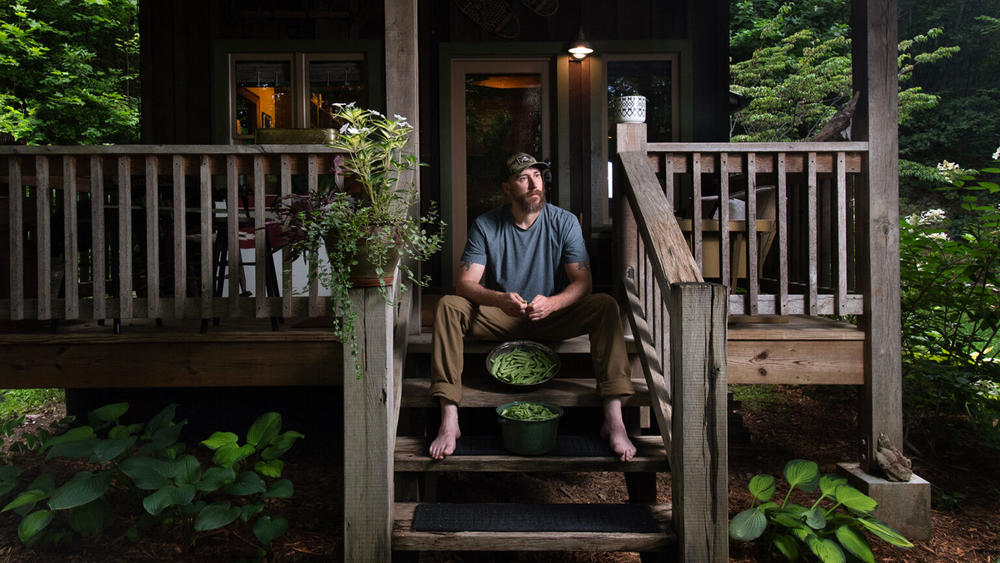
Section Branding
Header Content
An understanding of 'white privilege'
Primary Content
In our public discourse these days, certain phrases are almost guaranteed to make people nervous. One of those is “white privilege.” In this week's commentary Salvation South Editor Chuck Reece explains how a long talk with Southern writer, David Joy, helped him look at the phrase differently.

TRANSCRIPT:
Sometimes in life, it’s better to just confront something that is difficult, so I’m going to open my commentary this week with a loaded phrase:
White privilege.
Some people believe that the thing called “white privilege” does not even exist. Others believe that it’s very real.
But I think many people just don’t really understand what it means.
My own understanding of it changed recently when I interviewed one of my favorite Southern writers, David Joy. He’s just published his fifth novel, and it’s called Those We Thought We Knew.
But before I tell you about it, let me tell you a little about David himself. You might have seen him recently if you watch PBS’s new series, Southern Storytellers. David lives on a mountain in western North Carolina and I’d guess that he kills, catches or grows at least 80% of the food on his table. When he’s not writing, he’s either hunting, fishing or gardening. With his beard and his camouflage clothes, he just doesn’t look like a guy who’d write a book about racial reconciliation. But with hose We Thought We Knew, that’s exactly what he’s done.
In David’s book, a young Black artist named Toya Gardner comes to a small Carolina mountain town to spend the summer with her grandmother and to work on an art project. Her art addresses issues that raise the hackles of some white residents, who’d really rather not talk about such things.
I did a long interview with David about the book for the magazine I edit, Salvation South. When we talked, “white privilege” came up, and David explained it to me in a way I’d never really thought about before. He used the example of his own father, a white man who grew up poor in the mountains, in a place he called “the rat house.”
When David’s dad was little, he was scared to go to sleep, knowing that the rats in his shabby home might run across his feet at night. Then David said this to me:
“Try telling someone who grew up knowing poverty that intimately that his was a life of privilege. What must be unpacked is that white privilege is not a statement suggesting that a life was easy, but a statement suggesting that it was not made more difficult by race. My father grew up very hard, but he’s still less likely to be pulled over by police.”
Folks like me, who didn’t grow up with huge economic advantages, may not feel particularly privileged. But do I realize that the color of my skin did not make my situation any tougher? I absolutely do.
My daddy used to tell me never to judge anybody until I’d walked a mile in their shoes. What I know is this: I will never be able to walk a mile in the shoes of any brother or sister whose skin color isn’t the same as mine. That’s a privilege I will never be able to deny. Come read my interview with David on SalvationSouth.com.
Salvation South editor Chuck Reece comments on Southern culture and values in a weekly segment that airs Fridays at 7:45 a.m. during Morning Edition and 4:44 p.m. during All Things Considered on GPB Radio. You can also find them here at GPB.org/Salvation-South and please download and subscribe on your favorite podcast platform as well.
In our public discourse these days, certain phrases are almost guaranteed to make people nervous. One of those is “white privilege.” In this week's commentary Salvation South Editor Chuck Reece explains how a long talk with Southern writer, David Joy, helped him look at the phrase differently.






